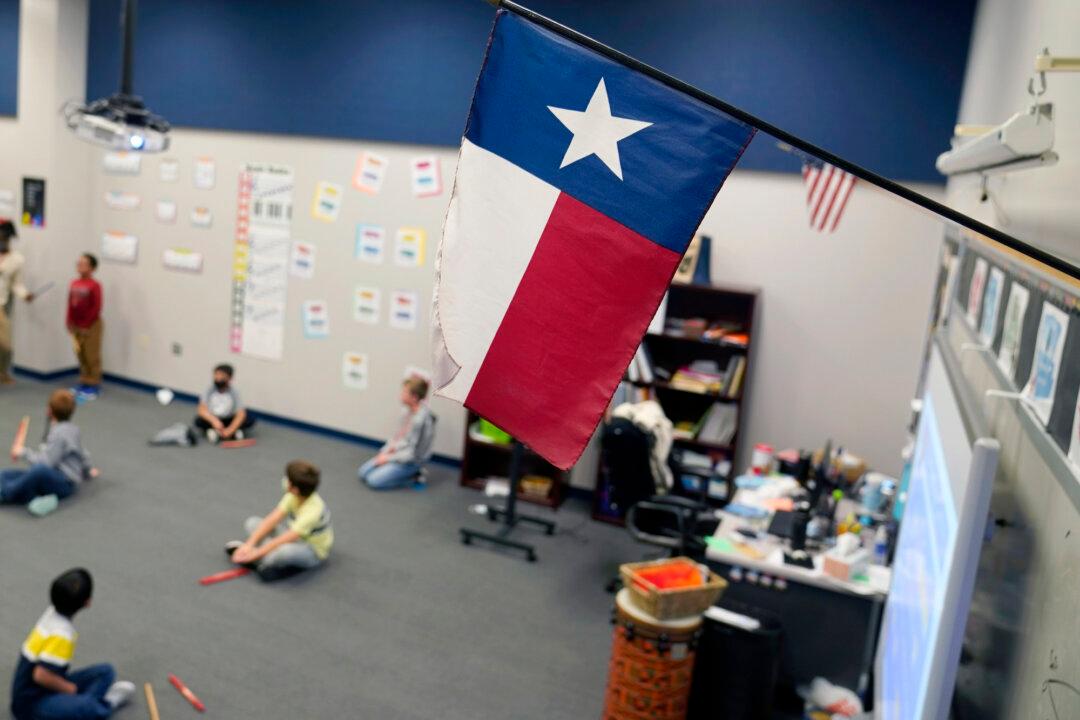Public schools in Texas now have the option to use a new elementary school curriculum with reading materials containing biblical stories.
Eight of the 15 members of the Texas State Board of Education on Friday voted to give final approval to Bluebonnet Learning, placing it on the menu of curricula schools can choose from for the upcoming 2025–2026 school year.





